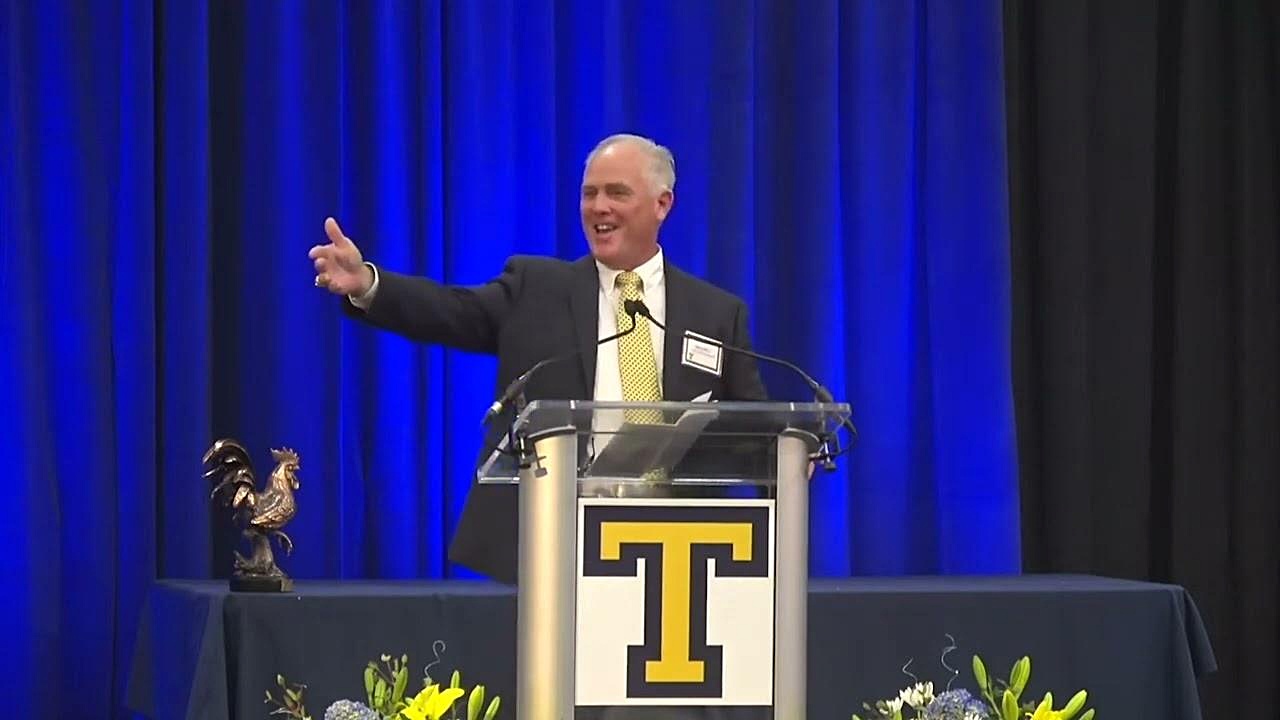The United States Deputy Secretary of State, Kurt Campbell, is scheduled to travel to the Pacific island of Tonga next week. He will be leading the U.S. delegation to the 53rd Pacific Islands Forum (PIF) leaders meeting. This visit aims to advance the U.S.-Pacific partnership goals and strengthen diplomatic ties.
In addition to his visit to Tonga on August 28, Campbell will also be visiting Vanuatu. During his time there, he will officiate the dedication ceremony for the newly established Embassy Port Vila, which represents the latest overseas mission of the United States. Subsequently, on August 30, he will travel to Auckland to co-chair the United States-New Zealand Strategic Dialogue. The dialogue will include important discussions on technology-related matters.
One significant issue that Tonga is currently facing is a substantial debt owed to China. The Chinese Communist Party (CCP) loaned Tonga approximately $160 million in 2008 and 2010. This loan was crucial for Tonga’s recovery efforts following the pro-Democracy riots in the central business district in 2006. Repayment for this debt is expected to be completed by 2028. Unfortunately, the CCP has declined to renegotiate a debt repayment plan, placing a significant burden on a nation with a GDP of approximately $470 million.
The new multimillion-dollar presidential palace in Vanuatu is also a result of Chinese funding. Shortly after attending the opening of the palace, Vanuatu’s Prime Minister, Charlot Salwai, visited China and held talks with President Xi Jinping. The joint statement issued after the talks signaled Vanuatu’s participation in China’s Belt and Road Initiative, demonstrating closer ties between the two nations.
Remarkably, just ten days following these events, the United States established its embassy in Vanuatu. The dedication ceremony for this embassy, which Deputy Secretary Kurt Campbell will lead, is set to take place next week.
Kurt Campbell has been instrumental in shaping American policy in the Indo-Pacific region. He has held key positions across multiple administrations, including as Deputy Assistant to the President and Coordinator for Indo-Pacific Affairs on the National Security Council. In the Obama administration, Campbell served as Assistant Secretary of State for East Asian and Pacific Affairs. He also played various roles in the Clinton administration, including Deputy Assistant Secretary of Defense for Asian and Pacific Affairs.
Considered an influential figure behind then-President Barack Obama’s pivot to Asia strategy, Campbell emphasizes the need for increased engagement with the Pacific region. He warns that China, the United States’ primary strategic competitor, is poised to take advantage if the U.S. fails to bolster its presence in the area.
Outside of his government service, Campbell co-founded the Center for a New American Security and has authored or edited ten books on foreign policy and other subjects.
Discover more from Tension News
Subscribe to get the latest posts sent to your email.

